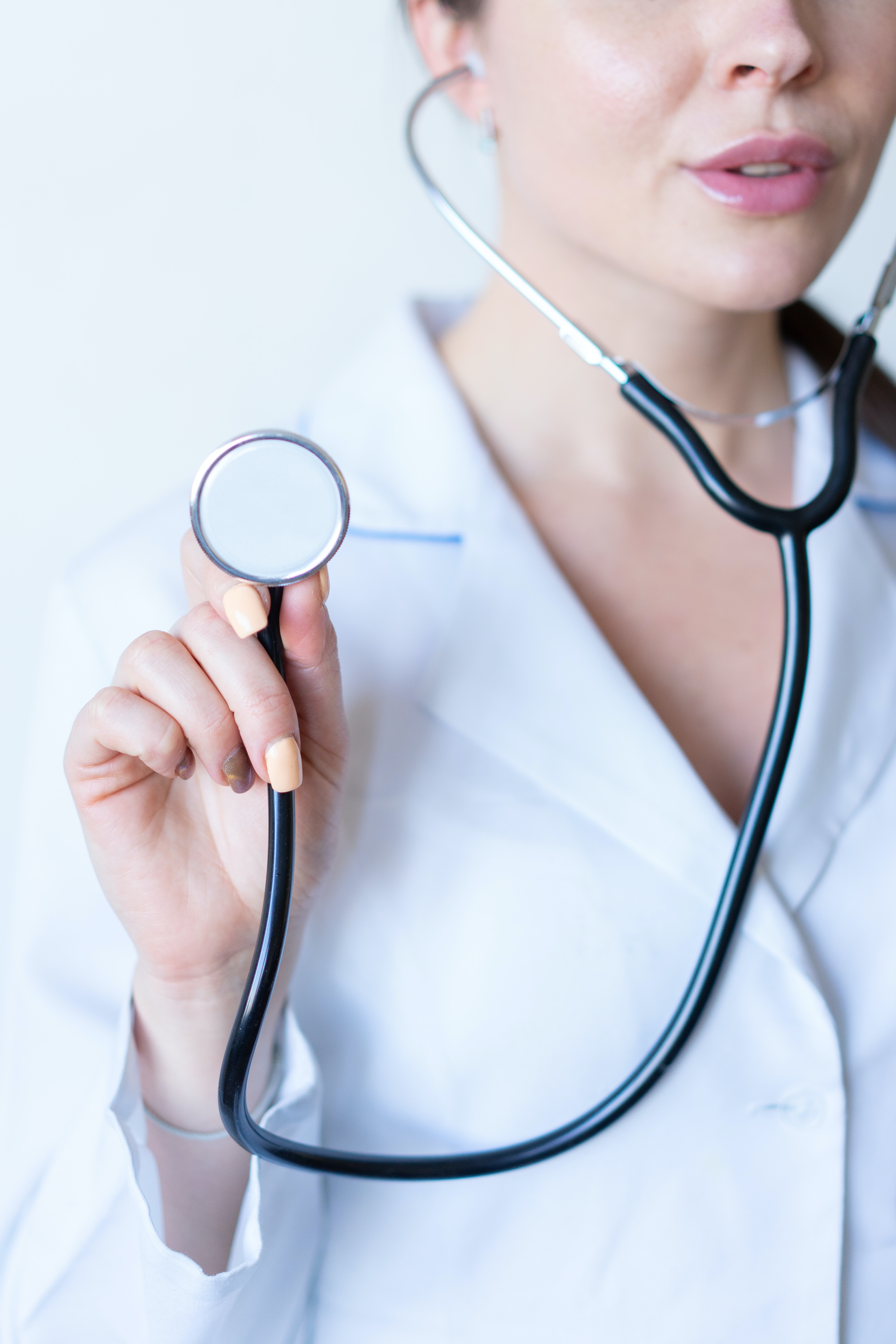By Sue Perbody
Diseases like heart attack, stroke, and spinal injury are something that will come unannounced and without any prior notice. The patient might not be prepared for it. The biggest problem after in-home care is the finances. Stroke can happen to anyone at any time. This can happen to someone who is the family’s sole breadwinner or to someone retired but has to work to make ends meet. There are government and non-government programs to take care of patients when they are fighting diseases like stroke.
Social Security Administration Benefits has two programs that help patients get disability benefits. One is Social Security Disability Insurance or SSDI. Through this program, the patient can receive benefits depending on two factors - their duration of work and the age that they had the stroke. These factors will determine the eligibility and the amount of disability benefit they can receive. The process is lengthy and may take three to five months for the benefits to start. It is advised that the patient or the authorized caregiver start the process as soon as possible. The patient is required to be disabled for five full months before they start receiving the disability checks. These benefits will continue until the patient recovers from the disease. After the patient receives SSDI for 24 months (2 years) the patient will then be eligible for Medicare.
The second program is Supplemental Security Income or SSI. This program makes monthly payments to people who have limited resources and income, are 65 or older, and are blind or disabled. The payments start as soon as the approval is given. Any recipient of SSI will also have Medicaid which will help to pay the hospital bills and fees from the healthcare providers. This varies from state to state. Some states provide additional funds for their residents.
To apply for the benefits, patients can go to www.socialsecurity.gov or call their local social security office to make an appointment to file a disability claim. Their toll-free number is 800-772-1213.
There is another program under the Social Security Administration called the Ticket to Work Program. The patients who are recipients of SSDI or SSI can get “tickets” to go to assistance programs that will help them get back into the workforce, free of cost.
The Patient Advocate Foundation helps patients navigate through the headache of some healthcare systems. It can be an ordeal or overwhelming especially when the patient and the family have ongoing needs. This foundation helps by facilitating patients and caregivers with information on the process and procedures that may or may not be required to complete. The foundation assists uninsured patients by negotiating with hospitals and insurance companies as well as helping with the co-payment if the patient is unable to make those payments. They also can negotiate with banks to help patients with mortgage payments. The foundation is reachable through its toll-free number 800-532-5274 or by visiting their website
at www.patientadvocate.org.
There are other programs that can help with the costs of prescription medications, which can drain savings accounts. These programs exist at the government level as well as throughout the private sector. They can help with patient coverage for the high costs of prescription drugs. New York State has the EPIC Program to help seniors with drug costs and they can apply for assistance any time of year. For all these programs, the patient or the concerned family member should apply as soon as possible to avoid any gap in care that can become a difficult hurdle to overcome. The hospitals’ social workers or the Patient Advocate Foundation can be very helpful resources.
Other programs for patient care include the AARP Tax-Aide. This is the foundation of the AARP group and is linked with the Internal Revenue Service (IRS). They help with the empowerment, security, and protection of the disabled and low-income seniors.
There are numerous organizations that are willing and ready to help patients who are uninsured or even insured and do not have the means to either pay the bills or have other issues related to their health situation.

